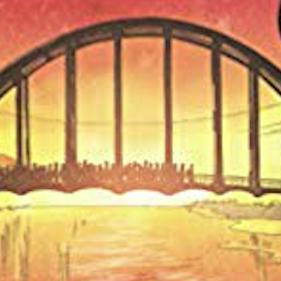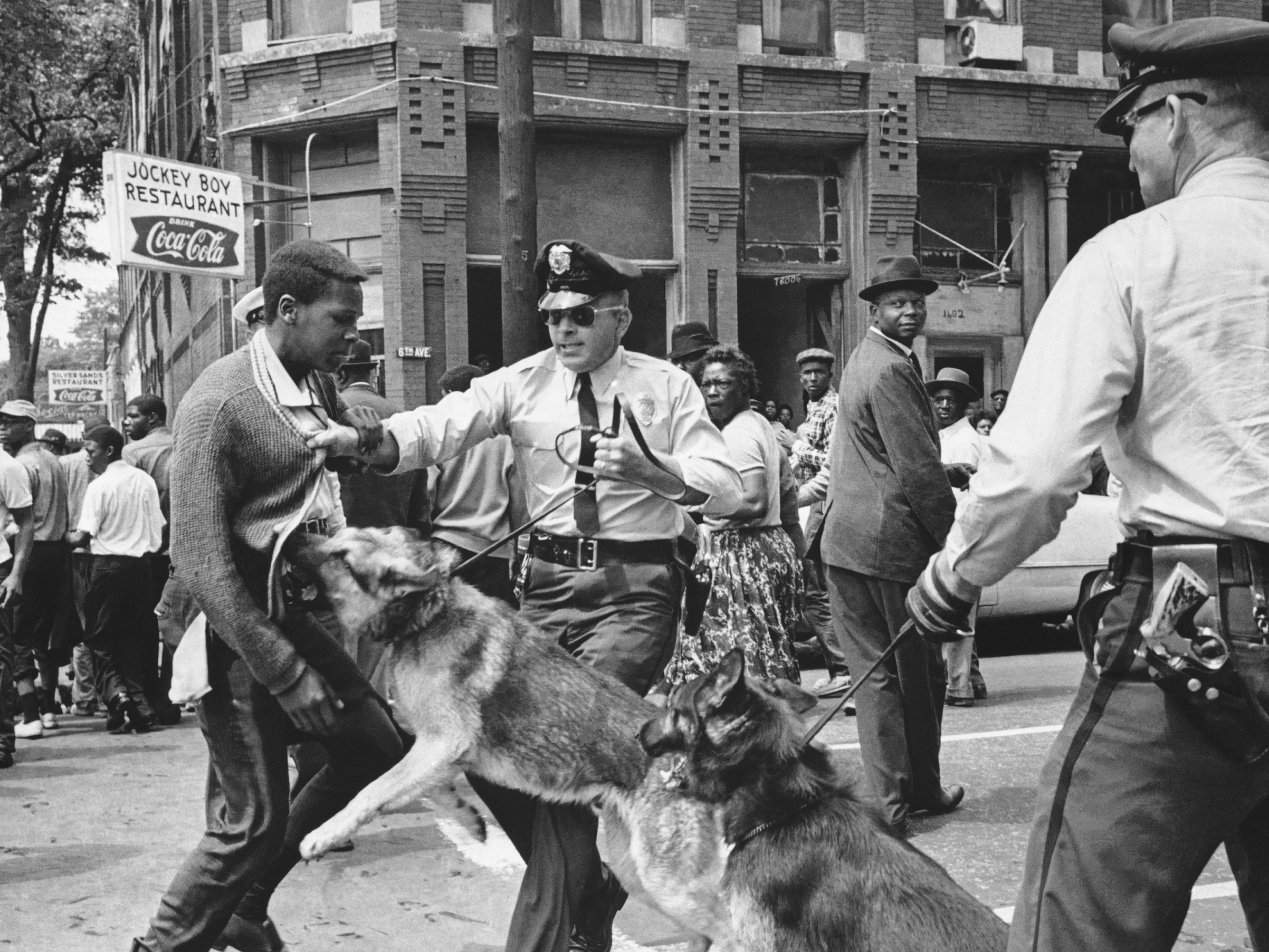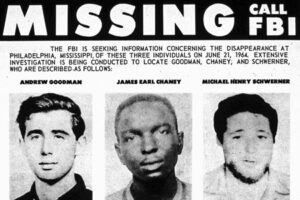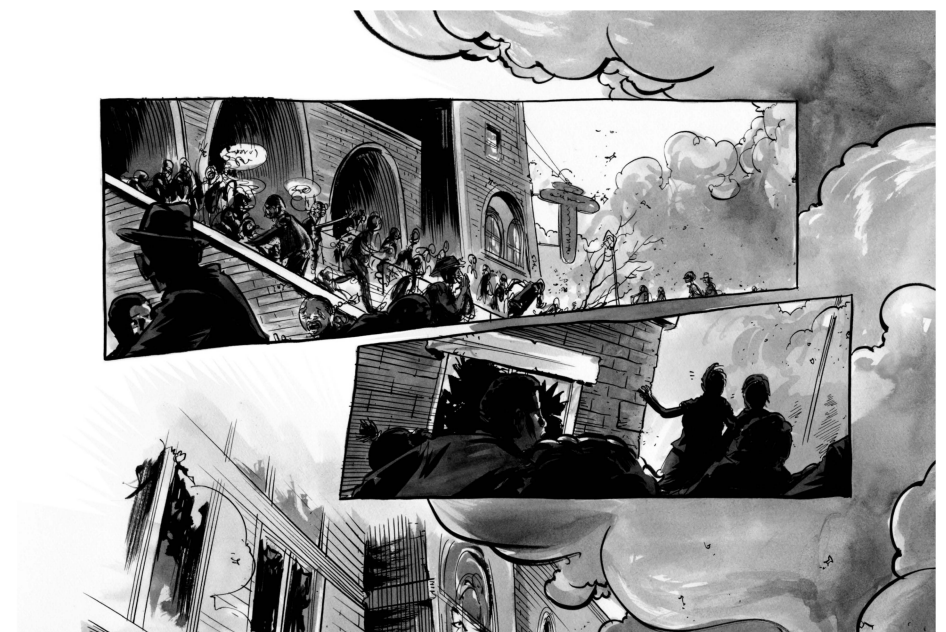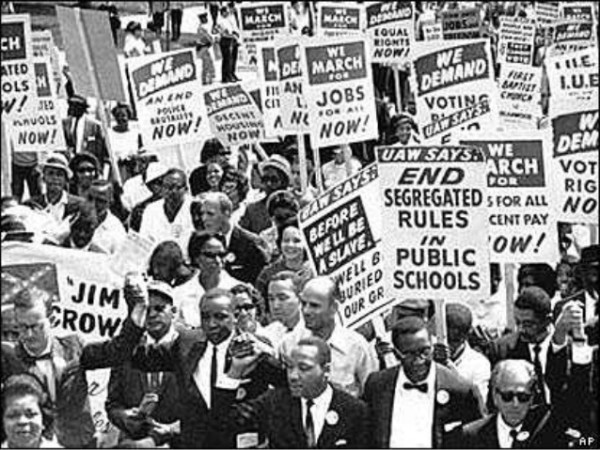The Horrors of June 21, 1964
Mickey Schwerner, Andy Goodman, and James Chaney were all civil rights activists who were working on a project for the Congress of Racial Equality, or CORE for short. One of their main goals was to get black people to register to vote in Mississippi. Mickey Schwerner was married to Rita Schwerner Bender who was also a civil rights activist in Mississippi. Before moving to Mississippi, Schwerner led a CORE group in Manhattan and was also helping in trying to desegregate Maryland. Andrew Goodman had grown up in a community that was very big into activism and socially progressive. James Chaney was very big on activism from his teen years and continued into his adulthood. He had been a part of the freedom bus rides that traveled from Tennessee to Mississippi.
They were attacked by KKK members and were killed while traveling back to Mississippi from Ohio. They were first stopped by a deputy for speeding and once released they continued on their way back to Meridian. The deputy followed them all the way to the county line where he once again pulled them over but instead of taking them into the station he took them to a deserted area. The deputy turned them over to the KKK where they were severely beaten and shot then they were buried and remained undiscovered for over 40 days. They were traveling to a church that had been burned down that they were planning on using as a freedom school. It was as they were returning from the church that they were harassed by the deputy and taken to a secluded area. There were 18 men arrested in regard to their murder yet only ten were actually convicted of anything. None of the men arrested had a trial held for murdering Schwerner, Goodman, and Chaney.
